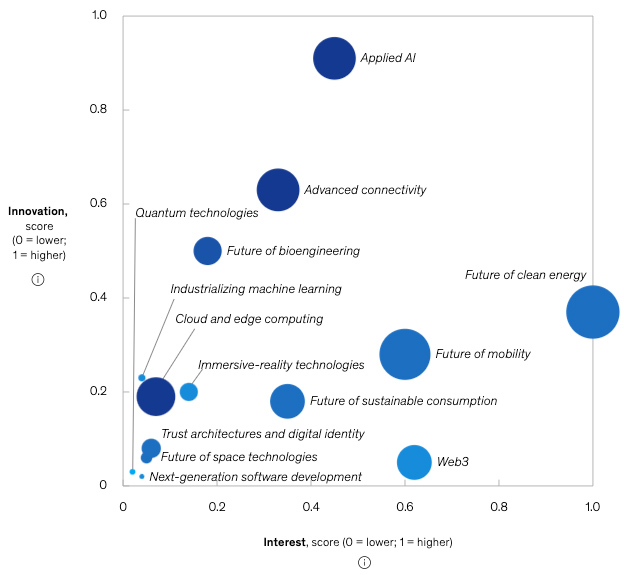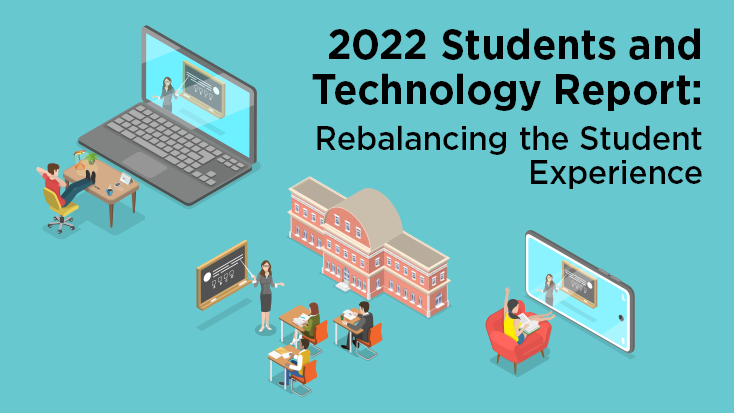Tearing the ‘paper ceiling’: McKinsey supports effort driving upward mobility for millions of workers — from mckinsey.com
Excerpt:
September 23, 2022There’s a hidden talent pool that most employers overlook—the more than 70 million workers in the US who are STARs, or workers ‘skilled through alternative routes.’ Whether through community college, workforce training, bootcamp or certificate programs, military service, or on-the-job learning, STARs have the skills for higher-wage jobs but often find themselves blocked from consideration.
This week, nonprofit Opportunity@Work and the Ad Council have launched a nationwide campaign to ‘Tear the Paper Ceiling’ and encourage employers to change hiring practices. McKinsey is providing pro bono support to the effort through data and analytics tools that enable recruiters to recognize STARs and their skills.
“While companies scramble to find talent amid a perceived skills gap, many of their job postings have needlessly excluded half of the workers in the country who have the skills for higher-wage work,” says Byron Auguste, founder of Opportunity@Work and a former senior partner at McKinsey. “Companies like the ones we’re proud to call partners in this effort—and those we hope will join—can lead the way by tapping into skilled talent from a far wider range of backgrounds.”
There are lots of reasons why someone might not begin or complete a degree that have nothing to do with their intrinsic abilities or potential. We know there are better ways to screen for talent and now we have the research and tools to back that up.
Carolyn Pierce, McKinsey partner
Also from McKinsey, see:
Latest McKinsey tech outlook identifies 14 key trends for business leaders
Excerpt:
October 4, 2022 The McKinsey Technology Council—a global group of over 100 scientists, entrepreneurs, researchers, and business leaders—has published its second annual Technology Trends Outlook. By assessing metrics of innovation, interest, investment, and adoption, the council has prioritized and synthesized 40 technologies into 14 leading trends.
Following on from last year, applied AI once again earned the highest score for innovation in the report. Sustainability, meanwhile, emerged as a major catalyst for tech around the world, with clean energy and sustainable consumption drawing the highest investment from private-equity and venture-capital firms. And five new trends were added to this year’s edition: industrializing machine learning, Web3, immersive-reality technologies, the future of mobility, and the future of space.
In this post, McKinsey senior partner Lareina Yee, expert partner Roger Roberts, and McKinsey Global Institute partner Michael Chui share their thoughts about what the findings may mean for leaders over the next few years.














